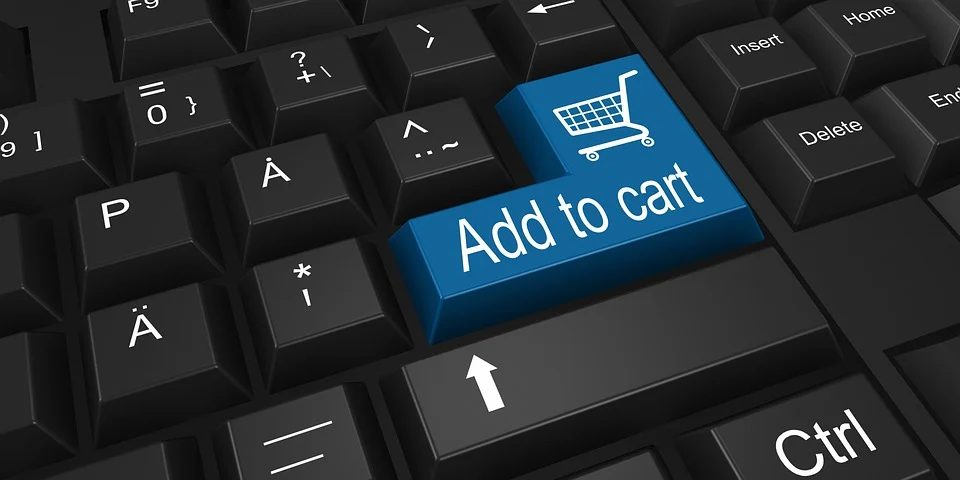What is a point-of-sale system? How does it work? And why do you need one for your business? These are questions that we will answer in this article. A point-of-sale system, or POS system, is a computerized cash register that records sales transactions. It is an essential piece of equipment for any business that wants to process payments efficiently. In this article, we will discuss the different types of POS systems and how to choose the right one for your business. We will also outline the main benefits of using a POS system.

What Is A POS System?
A POS system is a computerized cash register that records sales transactions. It is an essential piece of equipment for any business that wants to process payments efficiently. The POS system includes a software and hardware component. The hardware component consists of the actual cash register, receipt printer, barcode scanner, and credit card reader.
The software component is the point-of-sale software that runs on the hardware. This software manages inventory, tracks customers, and processes sales transactions. With a specialist system, businesses can also access additional features such as loyalty programs and gift cards. This way, businesses can keep track of their customer base and reward them for their loyalty.
How Does A POS System Work?
A POS system works by tracking inventory, customers, and sales transactions. The POS system software is designed to manage these three elements efficiently. When a customer makes a purchase, the POS system will automatically update the inventory levels. This ensures that businesses always have an accurate view of their stock levels. The POS system will also track customer information such as contact details and purchase history. This data can be used to generate reports or target marketing campaigns.
Finally, the POS system processes sales transactions quickly and efficiently. This includes calculating tax, discounts, and payments. All of this data is then stored in a central database for easy reporting and analysis.
The Different Types Of POS Systems
There are a few different types of POS systems to choose from. The most common type is the off-the-shelf POS system. This is a pre-packaged solution that includes both the hardware and software components. The main advantage of this type of system is that it is easy to set up and use. However, it may not have all the features that you need for your business. Another option is to buy a specialist POS system. These systems are designed for specific industries such as retail, hospitality, or healthcare. They come with a range of features that are tailored to meet the needs of these businesses.
Finally, you could also opt for a bespoke POS system. This is a custom-built solution that is designed specifically for your business. The advantage of this option is that you can choose exactly which features you need. However, it is usually the most expensive option.
How To Choose
When choosing a POS system, there are a few things to consider. First, think about the specific needs of your business. What type of transactions do you need to process? Do you need any special features? Once you have a good understanding of your requirements, you can start to look at different systems. It is important to compare the features and benefits of each system before making a decision. You should also consider the cost of the system and any ongoing fees such as software updates or support charges. Finally, make sure that you choose a reputable company with a good track record.
The Main Benefits Of POS Systems
There are many benefits of using a POS system. Firstly, it can help to increase efficiency and accuracy in the processing of sales transactions. This can save time and money for businesses. Secondly, POS systems can provide valuable data about customers and sales. This data can be used to improve marketing campaigns or target potential new customers. Finally, POS systems can help businesses to create loyalty programs or gift cards. This is a great way to reward your best customers and encourage repeat business.

A POS system is a valuable tool for businesses of all sizes. It can help to increase efficiency, accuracy, and data analysis. It can also provide valuable insights into customer behavior. When choosing a POS system, it is important to consider the specific needs of your business. You should also compare the features and costs of different systems before making a decision. If you are thinking about implementing a POS system, be sure to do your research in order to find the best solution for your business!

